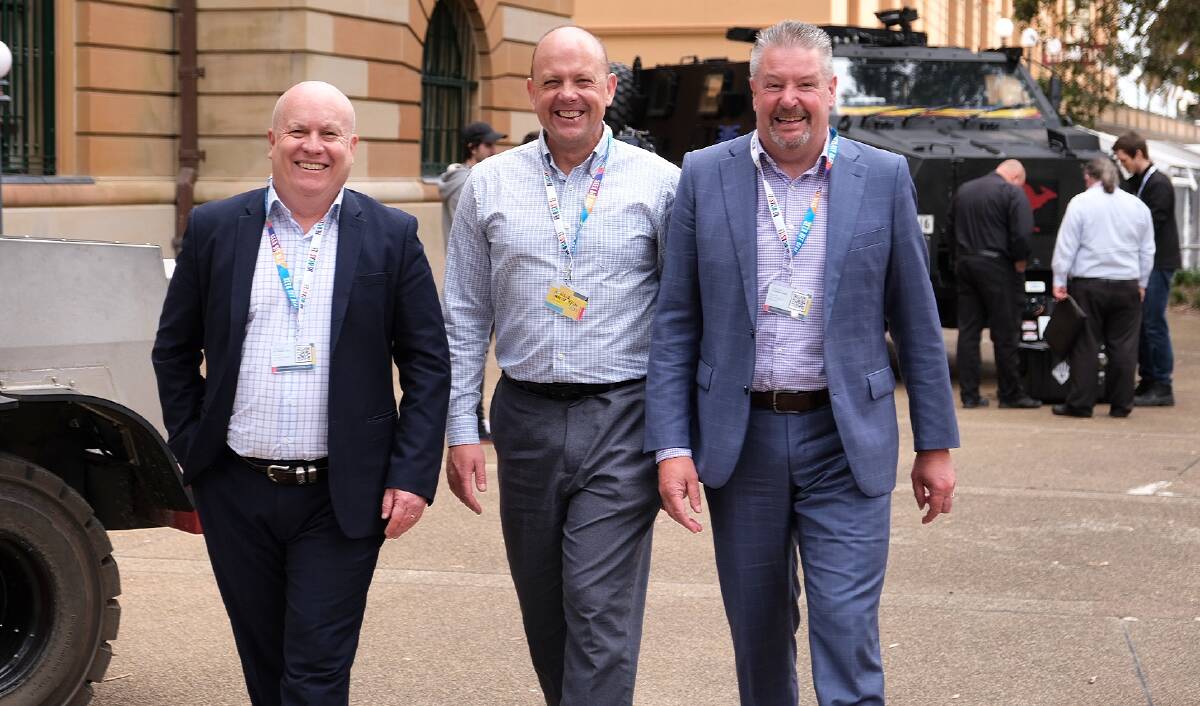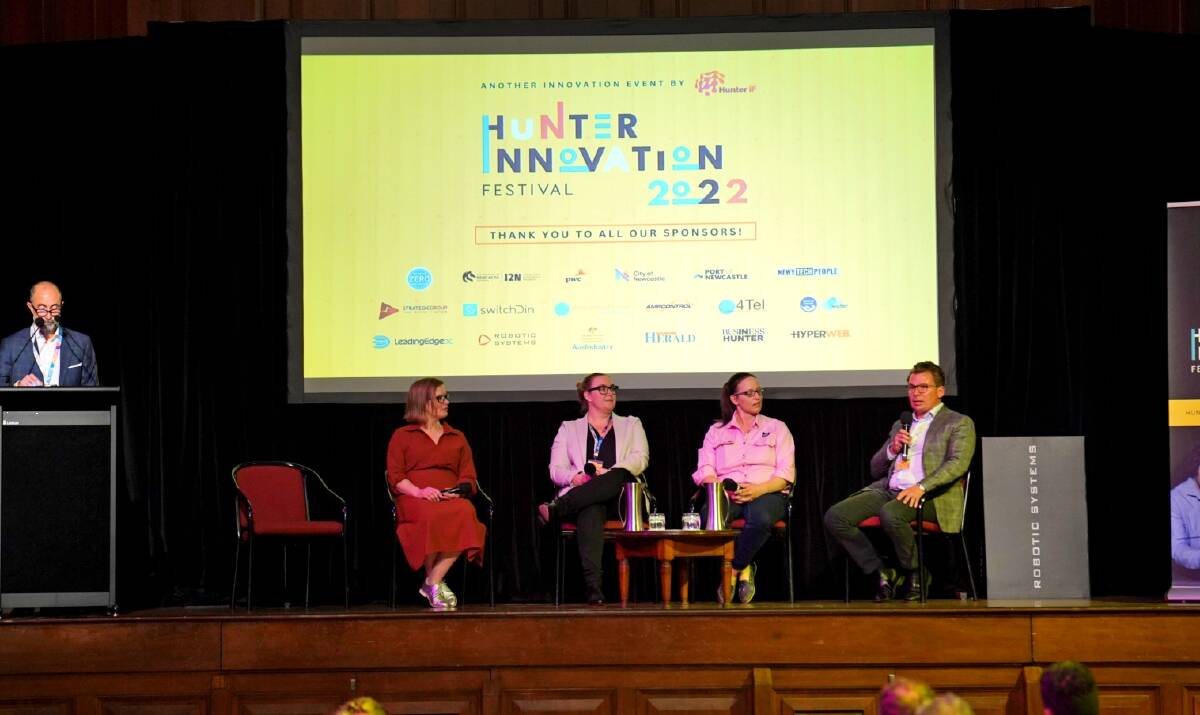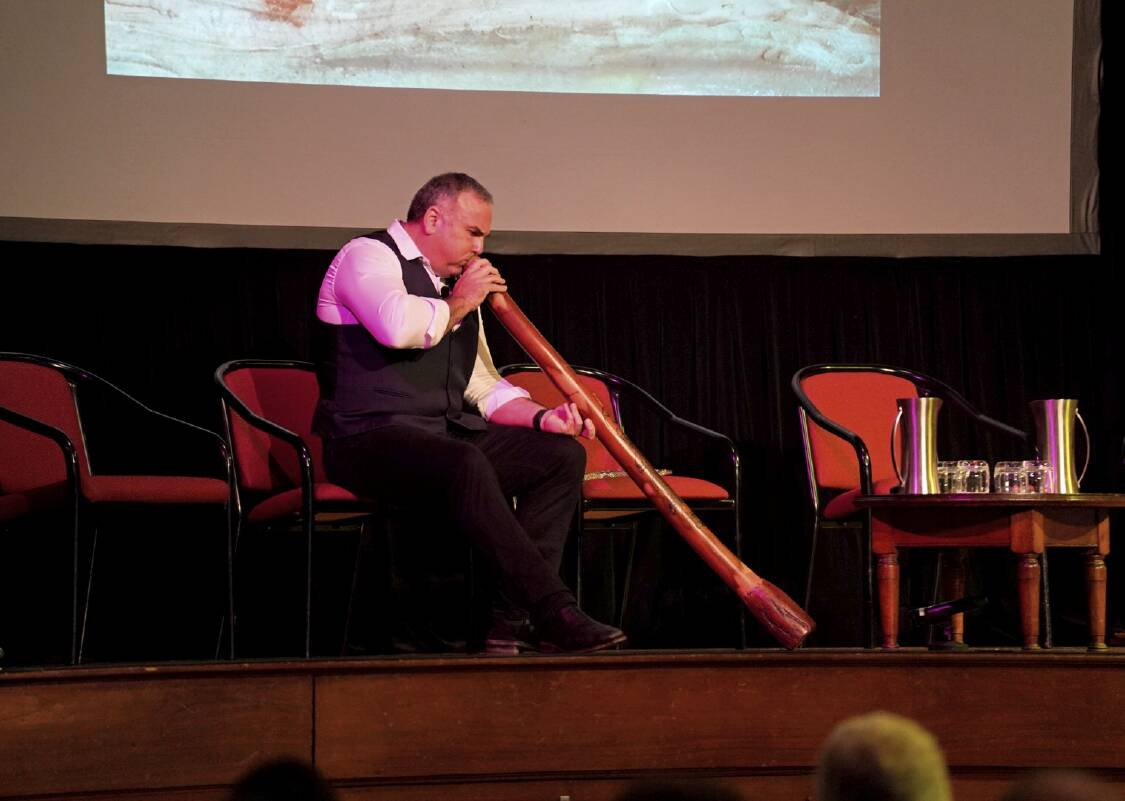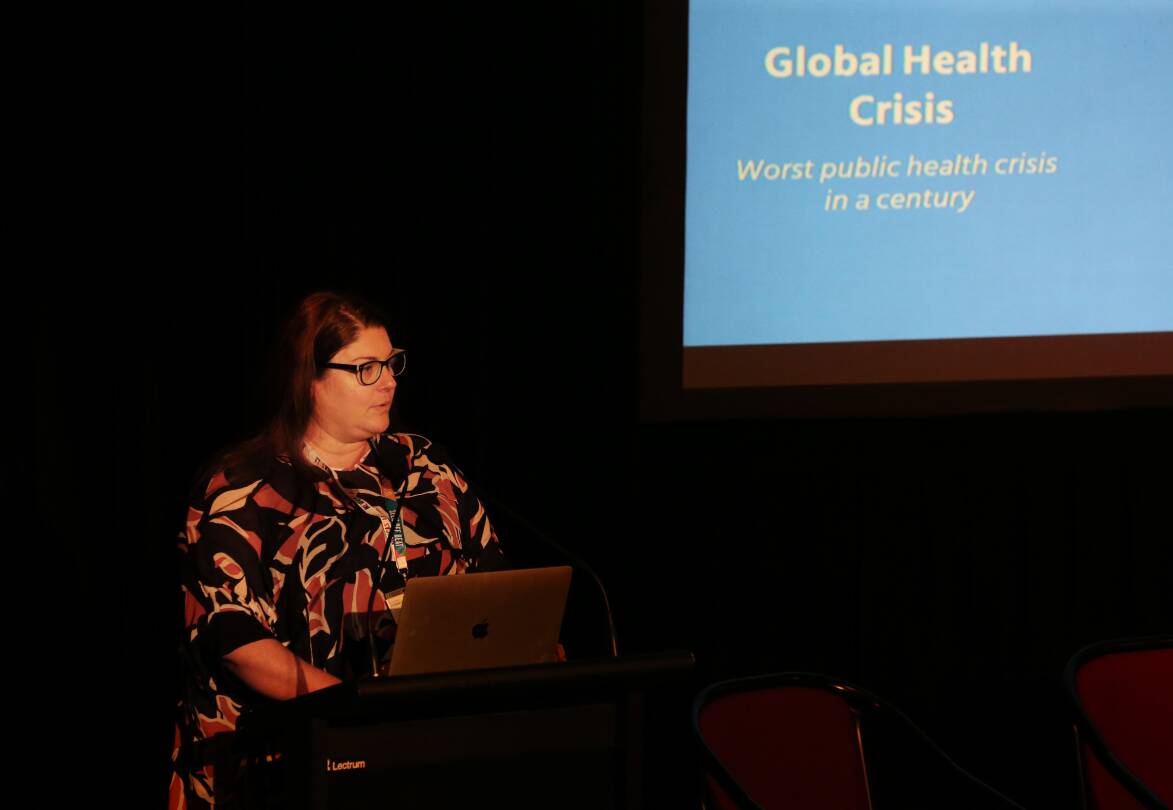
ALMOST 300 people took part in today's Hunter Innovation Festival at Newcastle City Hall, which heard from a range of speakers about the challenges and opportunities facing the region at a time of accelerating change in energy and other sectors.
Back after a COVID hiatus, the festival was "telescoped" into a single day in and around City Hall with displays of electric vehicles and other technology including electric mining and military vehicles and a retrofitted veteran VW-bug.
The conference had a timely boost from this week's national debate over the electricity grid, triggered by Alinta Energy CEO Jeff Dimery's warning on Monday of a looming 35 per cent increase in power prices.

In the pre-lunch session, the Port of Newcastle's chief commercial officer, Simon Byrnes confirmed that he and the port's chief executive, Craig Carmody, were off to South Korea and Japan for a two-week trip to talk to potential investors in the port's renewable energy precinct on Kooragang Island.
Mr Byrnes said the port's hydrogen plans originally envisaged a 40-megawatt "electrolyser" plant, but "the pace of change" in the electricity market had "accelerated" to the point where it now envisaged a production scale 40 times bigger.

He later confirmed the port was now looking at 1600 megawatts of hydrogen power, which would need an estimated 3000 megawatts of renewable energy capacity and which had potential benefits that included almost 6000 new jobs in the coming decade and an extra $4.2 billion in the region's economic output.
The conference keynote address was delivered by Glenn Platt of Emergent Group, a Hunter-based engineering network.
With 20 years of experience in the energy and start-up areas, Dr Platt enthused the audience with his confidence in Australia's - and the Hunter's - ability to play major roles in the energy transformation.
"The thing about the Hunter is that it's small enough to change, but big enough to make a difference," Dr Platt said.
Dr Platt said one way to make otherwise difficult change easier to comprehend and to accomplish was to break it into "bite-sized" pieces, such as a "Transformation Tuesday", whereby businesses in a network would group together to try to achieve "net zero" carbon one day a week, and then two, and then three.

In a short welcoming speech, Newcastle deputy lord mayor Declan Clausen, who works at Hunter Water and whose qualifications include an honours degree in environmental engineering, quoted the International Energy Agency's estimate of $US100 trillion as the cost of decarbonising the world's power grids on the way to net zero emissions.
Cr Clausen and others said the Hunter had a major role to play in the nation's energy transition, but that however it occurred it needed to be "orderly, efficient and equitable".
The NRMA's Vivian Miles said the "conversation has changed" to embrace electric vehicles and other aspects of the "fourth industrial revolution", including the closure of five or more coal-fired power stations by 2030.
Heidi Lee, CEO of the Beyond Zero Emissions thinktank, said she was "wildly optimistic" that Australia would successfully transform and said that we needed to introduce innovation "at scale, and quickly".








